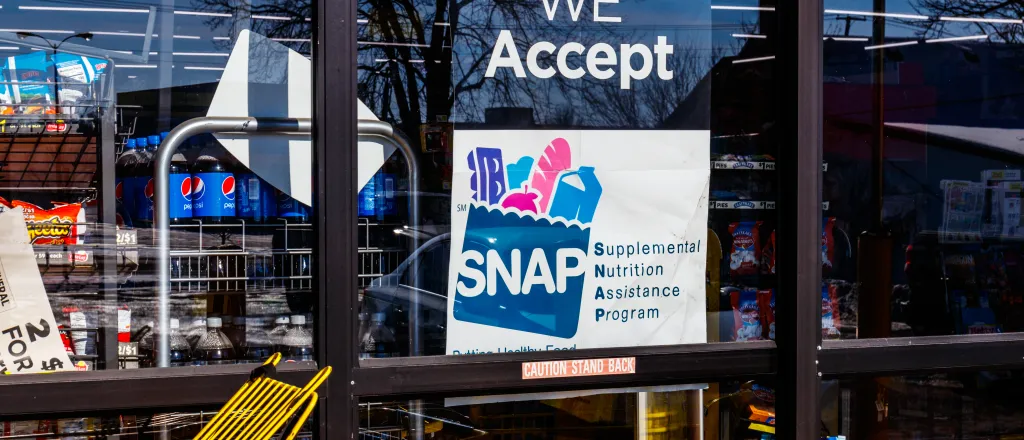
Iowa on the brink of toughening SNAP eligibility
(Iowa News Service) Iowa House lawmakers have approved a bill to make it harder for low income Iowans to qualify for public assistance, and critics said the measure would hurt families who are already struggling to make ends meet.
Known around the Iowa Statehouse as the SNAP bill, Senate file 494 would have the state look into how many assets someone has before allowing them to qualify for public assistance, and would also require recipients to make more money than they currently do to be able to get those benefits, including Medicaid.
Rep. Heather Matson, D-Ankeny, said while designed to increase accountability, the bill is actually creating more barriers for Iowans who are already struggling, and would have an especially damaging effect on youth.
"Especially in really tough economic times when people are already struggling," Matson pointed out. "When we look at the rising costs that people are facing and the fact that food pantry use is at record highs, we know a lot of Iowans are struggling, kids should not get kicked off of getting access to food."
Advocates for low income Iowans are holding a public hearing on the measure today to take input from people who need those benefits, and put faces on the people who are using them.
Matson noted Iowa will invest about $8 million to implement the asset investigation program, which is the same amount the state stands to save if the bill becomes law. Because there is no economic benefit to the state, she calls the bill politically motivated and designed to create the impression lawmakers are fighting fraud and increasing accountability on behalf of taxpayers.
She added the bill would have unintended consequences if it becomes law.
"If you kick somebody off of Medicaid, that is their health insurance," Matson explained. "If things get really bad, they are going to go to the emergency room where we know emergency care is way more expensive than preventive care. If kids are hungry, and they are not able to get food, then do you think that they're going to be able to focus in school? No, they won't."
The bill would also create a new verification system for benefit recipients and require them to appeal to the state within 10 days if they are removed from the public assistance rolls.
















